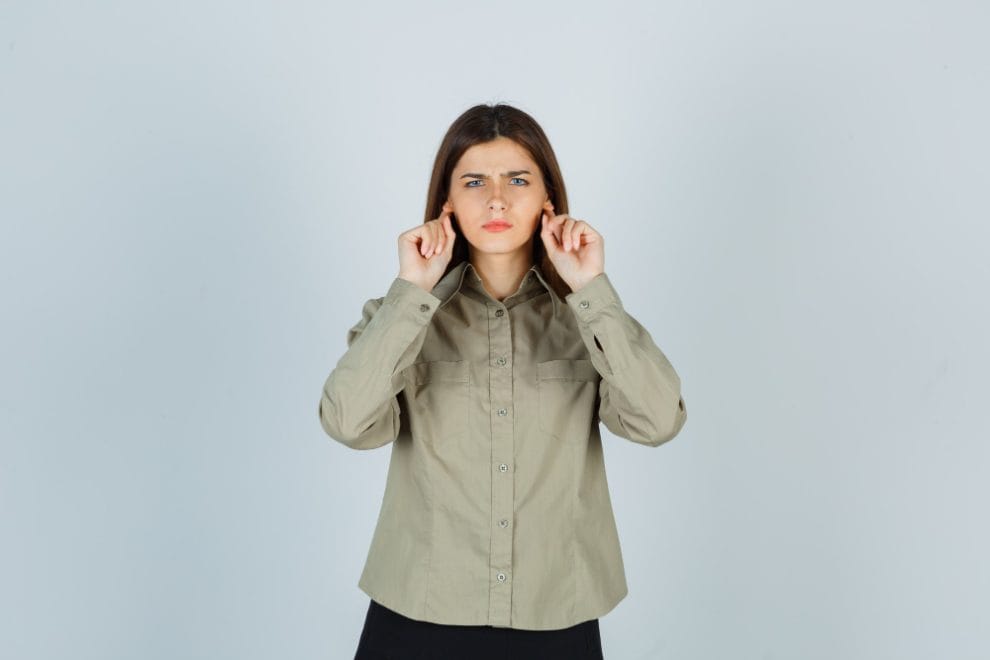Daily Habits to Protect Your Hearing as You Age

As we grow older, hearing naturally declines, but adopting healthy habits can significantly slow this process. Protecting your hearing is essential for maintaining communication, independence, and quality of life. Let’s explore daily practices that can help safeguard your hearing as you age.
- The Importance of Protecting Your Hearing
- Limit Exposure to Loud Noises
- Maintain a Healthy Diet for Ear Health
- Stay Physically Active
- Avoid Ototoxic Medications
- Keep Your Ears Clean and Dry
- Manage Stress Levels
- Schedule Regular Hearing Checkups
- Protect Your Ears from Environmental Factors
- Final Thoughts on Protecting Your Hearing
The Importance of Protecting Your Hearing
Hearing loss affects millions of people globally and can lead to social isolation, cognitive decline, and reduced quality of life. Fortunately, it’s not an inevitable part of aging. Taking proactive steps to protect your hearing can preserve your auditory abilities for years to come.
The auditory system is delicate, and exposure to loud noises, poor nutrition, and even certain medications can cause damage. By understanding the factors that contribute to hearing loss, you can make informed choices to protect your ears.
Limit Exposure to Loud Noises
Prolonged exposure to loud sounds is one of the leading causes of hearing loss. Whether you’re at a concert, using power tools, or listening to music, loud noises can damage the hair cells in your inner ear, leading to permanent hearing impairment.
To minimize noise-related damage:
- Use ear protection: Wear earplugs or noise-canceling headphones in noisy environments like concerts or construction sites.
- Follow the 60/60 rule: When using headphones, keep the volume below 60% and limit listening to 60 minutes at a time.
Maintain a Healthy Diet for Ear Health
Nutrition plays a significant role in maintaining good hearing. Certain nutrients, such as magnesium, zinc, and omega-3 fatty acids, protect against hearing loss and promote overall ear health.
Include the following foods in your diet:
- Leafy greens: Rich in folate, which improves blood circulation to the ears.
- Fatty fish: Provides omega-3s that protect against age-related hearing loss.
- Nuts and seeds: Packed with zinc and magnesium, essential for inner ear health.
Stay Physically Active
Regular physical activity promotes healthy blood flow, which is crucial for the proper functioning of the auditory system. Exercise also reduces the risk of conditions like diabetes and hypertension, which are linked to hearing loss.
Incorporate these activities into your routine:
- Cardio exercises: Activities like walking, jogging, or swimming improve circulation to the inner ear.
- Balance exercises: Yoga and tai chi help prevent falls, which can lead to ear trauma.
Avoid Ototoxic Medications
Certain medications, known as ototoxic drugs, can damage the inner ear and lead to hearing loss. These include some antibiotics, diuretics, and chemotherapy drugs.
If you’re taking medications:
- Consult your doctor: Ask if your medication has ototoxic effects and explore alternative options if possible.
- Monitor your hearing: Report any changes in your hearing to your healthcare provider promptly.
Keep Your Ears Clean and Dry
Proper ear hygiene is essential for preventing infections and maintaining good hearing. However, over-cleaning or using improper techniques can cause harm.
To care for your ears:
- Avoid cotton swabs: Using swabs can push earwax further into the ear canal, leading to blockages or damage.
- Use a warm washcloth: Gently clean the outer ear with a damp cloth.
Manage Stress Levels
Stress and anxiety can exacerbate tinnitus and other hearing issues. Chronic stress may also restrict blood flow to the ears, negatively impacting hearing.
To manage stress:
- Practice mindfulness: Meditation and deep breathing exercises can help reduce stress levels.
- Engage in hobbies: Activities like gardening, painting, or reading provide relaxation and mental stimulation.
Schedule Regular Hearing Checkups
Just as you visit the doctor for regular checkups, scheduling hearing tests is essential for detecting early signs of hearing loss. Early intervention can prevent further deterioration and help you adapt to changes in your hearing.
When to get your hearing checked:
- Annually after age 50: Regular screenings help monitor your auditory health.
- If you notice changes: Seek professional advice if you experience ringing, muffled sounds, or difficulty understanding conversations.
Protect Your Ears from Environmental Factors
Environmental factors like wind, cold temperatures, and water exposure can harm your ears. Taking simple precautions can prevent infections and irritation.
Tips for ear protection:
- Wear a hat or earmuffs: Protect your ears in cold or windy weather to avoid earaches.
- Use earplugs when swimming: Prevent water from entering your ears, reducing the risk of swimmer’s ear.
Final Thoughts on Protecting Your Hearing
Hearing health is an integral part of overall well-being, especially as you age. By incorporating these daily habits into your routine, you can safeguard your auditory system and enjoy better hearing for years to come. Remember, small changes in your lifestyle today can make a big difference in maintaining your hearing health.
Unlock the Secret to Healthier Hearing Today!
Take the first step toward better ear health and say goodbye to constant ringing and discomfort. Quietum Plus offers a natural and effective solution tailored for your auditory wellness. Don’t wait—click the button below and reclaim your peace of mind with our risk-free 60-day guarantee!
Leave a Reply



You may also like